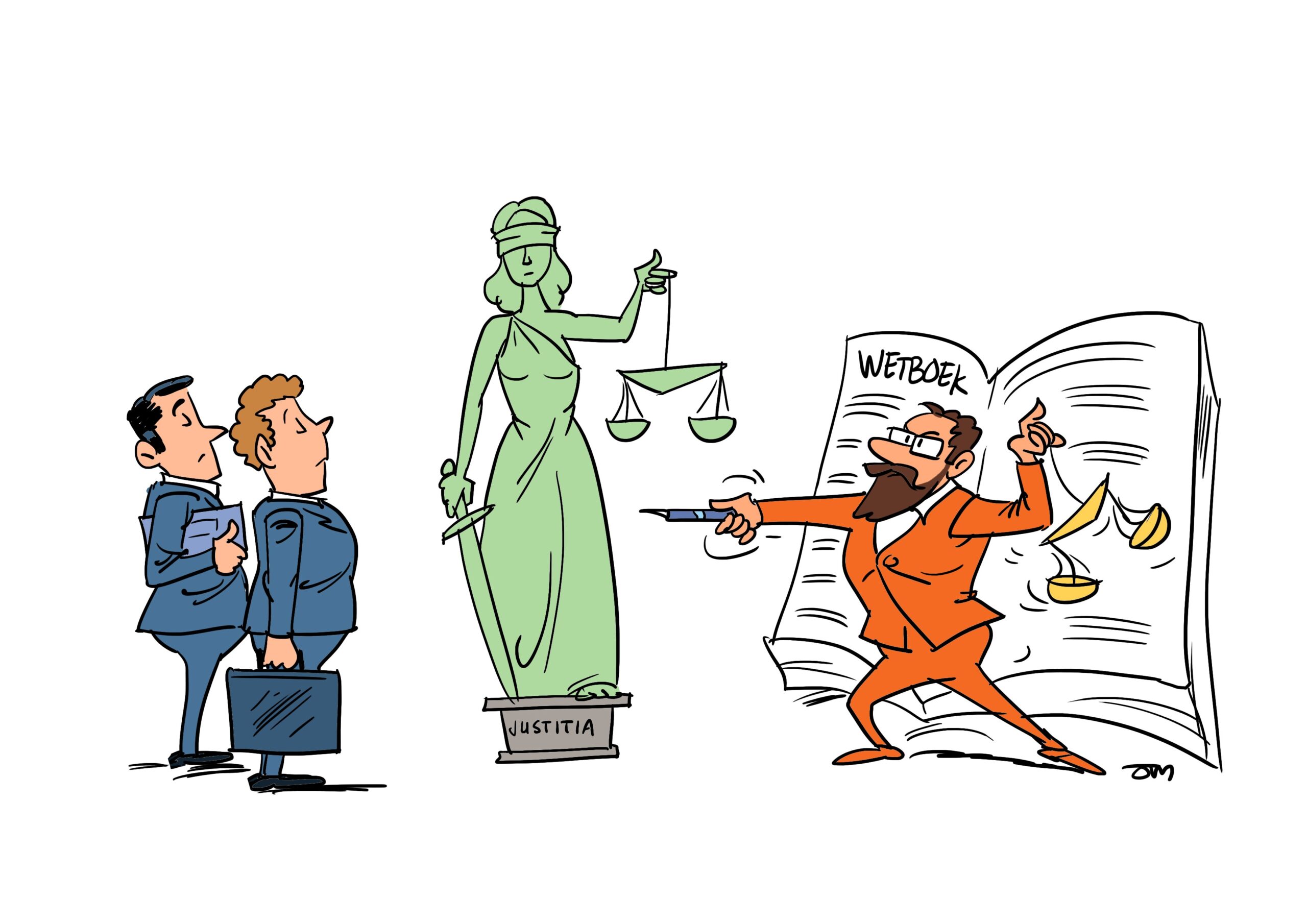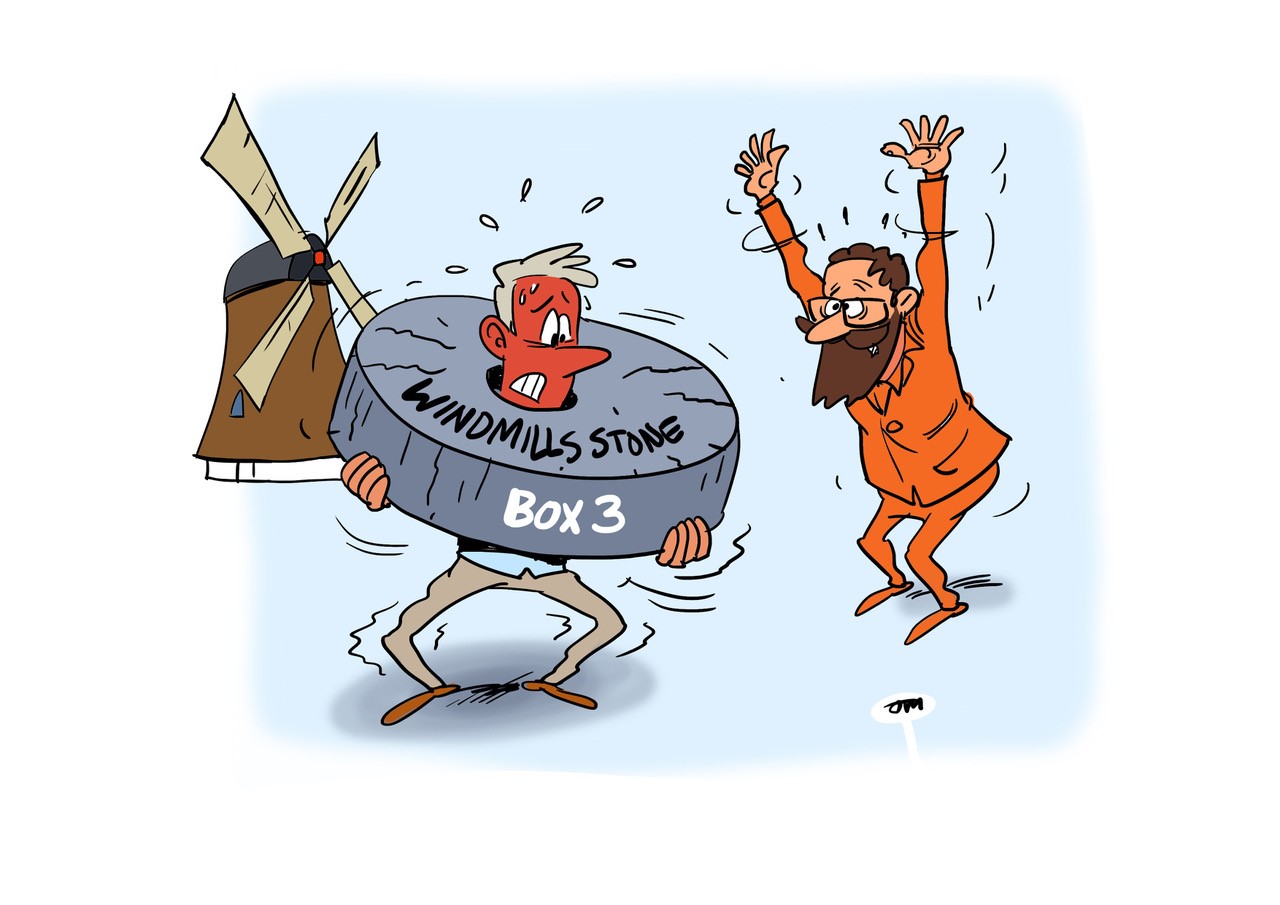Dutch pension is a frequently asked question by internationals. The thing is, we are no certified pension advisors, hence we cannot advise. We do have an opinion, not a very positive one that is.
What is a Dutch pension?
In order to be able to build up a pension, you need to be employed. Maybe obvious for you, but many self-employed or not employed by a Dutch employer inquire about pension possibilities. There are old age income solutions, but as these persons are not employed in the Netherlands, it is not regarded a pension as meant in this article.
An employee of a Dutch employer can have the employer build up a pension. If the employer offers this to one employee, it is automatically offered to all employees. The percentage the employer contribributes varies. Most pension policies offer that the employee makes extra payments as well.
The moment the pension starts to pay out the benefit is when the employee is alive at the age of 67 years old, which will soon be moved to 68 years old.
Why are we not very positive about a Dutch pension for an international?
An international was not born in the Netherlands, but happens to come across the Netherlands due to work or love. Despite the fact we are excited about tax, we can understand most are less excited about our tax rates or the weather. In other words, the international might not stay for ever in the Netherlands.
That is exactly our point why we are not very positive about a Dutch pension for an international. A Dutch employee in general stays his or her working live in the Netherlands. Building up a Dutch pension can make sense then, especially when offered by the employer. This argument is not always applicable on an international.

Can the build-up pension taken up by the international while departing the Netherlands?
Now we get to the heart of the issue: no, a sound thinking person would not do that. Why not? The Dutch tax office prefer you do not export the value of the pension you build up. The reason is that the pension premium paid into the pension insurance was a tax deduction.
If you insist on getting the pension base paid out, the Dutch tax office applies the 52% anonymous tax rate, increased with 20% revision interest and 25% penalty. That is a 97% taxation rate over your pension base. Hence our remark that a sound thinking person would not take with them the pension value.
What is the alternative?
We are no financial experts, hence we recommend you to find one for good support. That said, if you know you are an international wandering around the world, you need to do planning. You need to sit down and imagine where you probably end up in the world around your pension age, whatever you think that age should be. Maybe the country of your parents, then you invest in that country. Or maybe you do not know, then you make moveable investments. Maybe you think you will not reach the pension age at all alive, then you take care of your partner for his or her old age.
The difference between a Dutch pension and your own pension arrangements is control. You are in control of your own. For some that is important.
Tax is exciting
We think tax is exciting. Not very excited we are about the Dutch pension system for internationals, hence we made come comments above. That said, do not shoot us when you suddenly turn 68 years old and you are still an employee in the Netherlands who did not build up a Dutch pension because we told you so. Always be in charge of your own financial situation!




